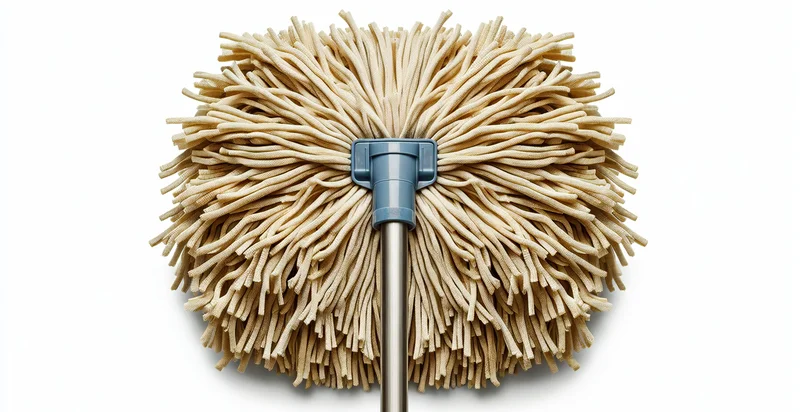Identify what material a canteen is made from
using AI
Below is a free classifier to identify what material a canteen is made from. Just upload your image, and our AI will predict what material a canteen is made from - in just seconds.

Contact us for API access
Or, use Nyckel to build highly-accurate custom classifiers in just minutes. No PhD required.
Get started
import nyckel
credentials = nyckel.Credentials("YOUR_CLIENT_ID", "YOUR_CLIENT_SECRET")
nyckel.invoke("what-material-a-canteen-is-made-from", "your_image_url", credentials)
fetch('https://www.nyckel.com/v1/functions/what-material-a-canteen-is-made-from/invoke', {
method: 'POST',
headers: {
'Authorization': 'Bearer ' + 'YOUR_BEARER_TOKEN',
'Content-Type': 'application/json',
},
body: JSON.stringify(
{"data": "your_image_url"}
)
})
.then(response => response.json())
.then(data => console.log(data));
curl -X POST \
-H "Content-Type: application/json" \
-H "Authorization: Bearer YOUR_BEARER_TOKEN" \
-d '{"data": "your_image_url"}' \
https://www.nyckel.com/v1/functions/what-material-a-canteen-is-made-from/invoke
How this classifier works
To start, upload your image. Our AI tool will then predict what material a canteen is made from.
This pretrained image model uses a Nyckel-created dataset and has 10 labels, including Aluminum, Bamboo, Ceramic, Composite, Glass, Metal, Plastic, Silicone, Stainless Steel and Titanium.
We'll also show a confidence score (the higher the number, the more confident the AI model is around what material a canteen is made from).
Whether you're just curious or building what material a canteen is made from detection into your application, we hope our classifier proves helpful.
Related Classifiers
Need to identify what material a canteen is made from at scale?
Get API or Zapier access to this classifier for free. It's perfect for:
- Material Quality Assessment: This use case involves identifying the material composition of various canteens to assess their quality. Manufacturers can utilize this function to ensure that the materials used meet safety and durability standards, ultimately enhancing product reliability.
- Eco-Friendly Product Development: Companies looking to develop more sustainable canteen options can use this identifier to analyze materials and select eco-friendly alternatives. By identifying the composition of existing products, they can pivot towards creating more environmentally responsible solutions.
- Inventory Management for Retailers: Retailers can leverage this function to categorize and manage inventory based on canteen materials. This classification helps in stock management, enabling retailers to quickly identify which materials are on hand and what needs to be reordered.
- Customer Feedback Analysis: Service platforms can use the material identification function to analyze customer feedback related to canteen materials. This data can help businesses improve product offerings and address any material-specific concerns raised by customers.
- Warranty and Compliance Verification: Businesses can implement the material identification function to verify compliance with industry standards and warranty claims. By confirming the material of canteens, companies can uphold quality assurance and maintain compliance with regulations.
- Market Research and Trend Analysis: This function can aid market researchers in analyzing consumer preferences for different canteen materials. By understanding material trends, companies can stay ahead of competitors and tailor their marketing strategies accordingly.
- Product Customization for End-Consumers: E-commerce platforms can incorporate this function to allow users to customize canteen orders based on material preferences. By providing a clear understanding of materials, consumers can make informed choices, enhancing their purchasing experience.


